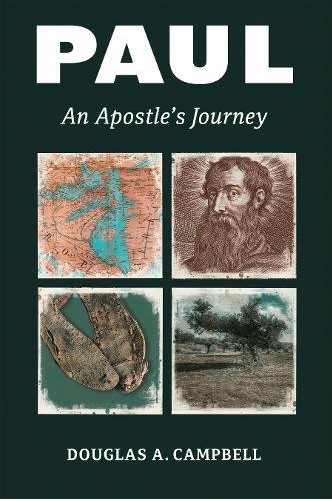Rodney Reeves’ new book, Spirituality according to Paul: Imitating the Apostle of Christ, is one of the most courageous sketches of Paul’s view of the Christian life I’ve seen. I think he takes Paul at his word and then turns Paul’s words on us so we can see ourselves in the mirror of Paul’s radical (ludicrous) vision.
 That’s right, “ludicrous.” Here are some reminder words from Reeves:
That’s right, “ludicrous.” Here are some reminder words from Reeves:
Paul was a poor speaker. He worked with his hands to make a living. Bad things happened to him all the time. The churches he started were filled with problems. He was run out of nearly every town he visited. The Romans despised him. His own people abused him. Other missionaries mocked him (47).
And Paul counted himself blessed to be doing gospel work.
Wryly, Reeves observes: “This man sounds like he’s in denial.”
What do you do with Paul? Who is on your stage? Any fools?
2 Corinthians sketches themes in the Christian life that are outside our experience (or at least most of our experiences) and contrary to what we believe. Here’s Paul’s point: “In short God doesn’t do power and wisdom like the world. In fact the way God makes the world a better place looks completely pathetic and ineffective to the strong” (41).
I think Reeves is right. Dead right. Deadly right. Paul gloried in his weakness and in his foolishness and in his inability to speak.
We glory in our successes, in our brilliance and in our rhetorical capacity. Like the Corinthians, we think style exceeds content. We gather to hear the brilliant speak and won’t even budge our butts to hear some local testimony of God’s grace in a difficult time. We want our preachers to look good and to be handsome; we want our sermons entertaining and interesting and captivating and motivating.
Karl Barth is quoted: “The gospel is not a truth among other truths. Rather, it sets a question-mark against all truths” (44).
This is why Paul saw the essence of the gospel in his wounds, in his foolishness and in human weakness. We put the best and brightest on the stage. “The message is undeniable: only the healthy, wealthy and wise have anything to say. The sick, poor and foolish should keep their mouths shut” (51). He wonders if marriage weekends ought to hear from the divorced who have been sustained by grace.
Pastors, buy this book and meditate your way through it. You will rise up and call me blessed if you do.















